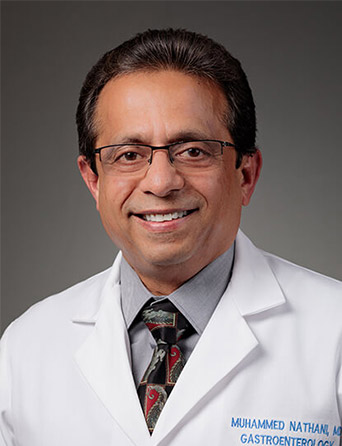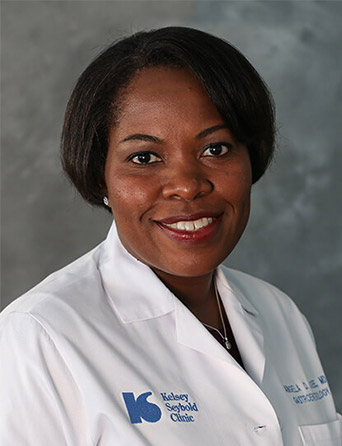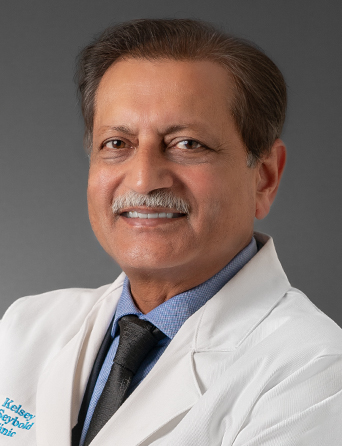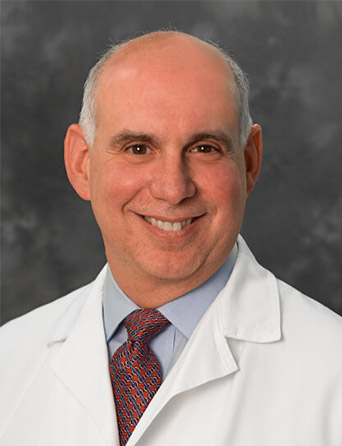Join Our eNewsletter!
Subscribe to our monthly newsletter to receive encouraging advice to help you lead a healthy lifestyle.

Understanding Crohn’s disease
Crohn's disease is a chronic inflammatory condition of the gastrointestinal tract. It most commonly affects the end of the small bowel and the beginning of the colon, although it may affect any part of the gastrointestinal tract.
"Crohn's disease is a painful and exhausting illness for many patients," says Hassan Dakik, MD, a Gastroenterology specialist at Kelsey-Seybold Clinic. "The only way to know for sure you have Crohn's disease is to visit your doctor, but there are some distinct signs and symptoms."
These symptoms may include:
- Diarrhea
- Fever and fatigue
- Abdominal pain and cramping
- Blood in your stool
- Mouth sores
- Reduced appetite and weight loss
- Pain or drainage near or around the anus
"Crohn's disease can be caused by a number of factors including genetics, an overactive immune system, and your personal environment, such as living in an urban area. There's no cure, but early treatment may help alleviate symptoms," Dr. Dakik says.
Because no one treatment works for all Crohn's sufferers, doctors will typically try a combination of treatments including drug therapy or surgery in severe cases. Anti-inflammatory medications and immune system suppressors are usually the first step in treatment.
"We first try to suppress the responses in your immune system that are causing your symptoms," Dr. Dakik explains. "If drug therapy and other treatments don't provide relief, surgery may be recommended to remove a damaged portion of the digestive tract. Surgery, however, won't cure Crohn's disease, which often recurs," cautions Dr. Dakik.
Meet Our Team
Digestive diseases represent the most common chronic illnesses in the United States today, but with Kelsey-Seybold at your side, there's no need to suffer any longer. Learn more about our Gastroenterology team below.








